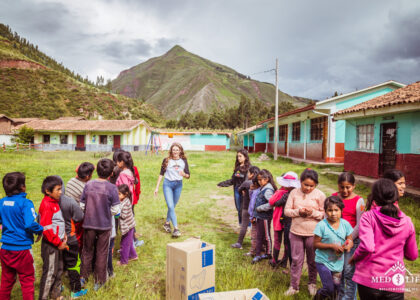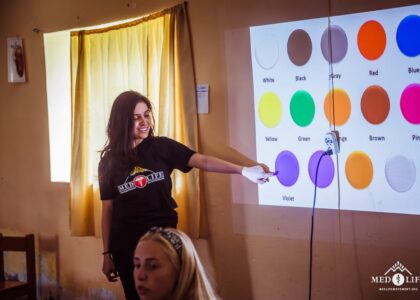1. Cultural Immersion
Latin America is a melting pot of cultures, traditions, and histories. As volunteers immerse themselves in local communities, they gain a deeper understanding of the region’s rich cultural tapestry. This firsthand experience fosters a greater appreciation for diversity and global interconnectedness.
Engaging with local traditions, languages, and customs not only broadens volunteers’ perspectives but also helps them develop cultural sensitivity and empathy. This cultural immersion is a transformative experience that leaves a lasting impact on both the volunteers and the communities they serve.
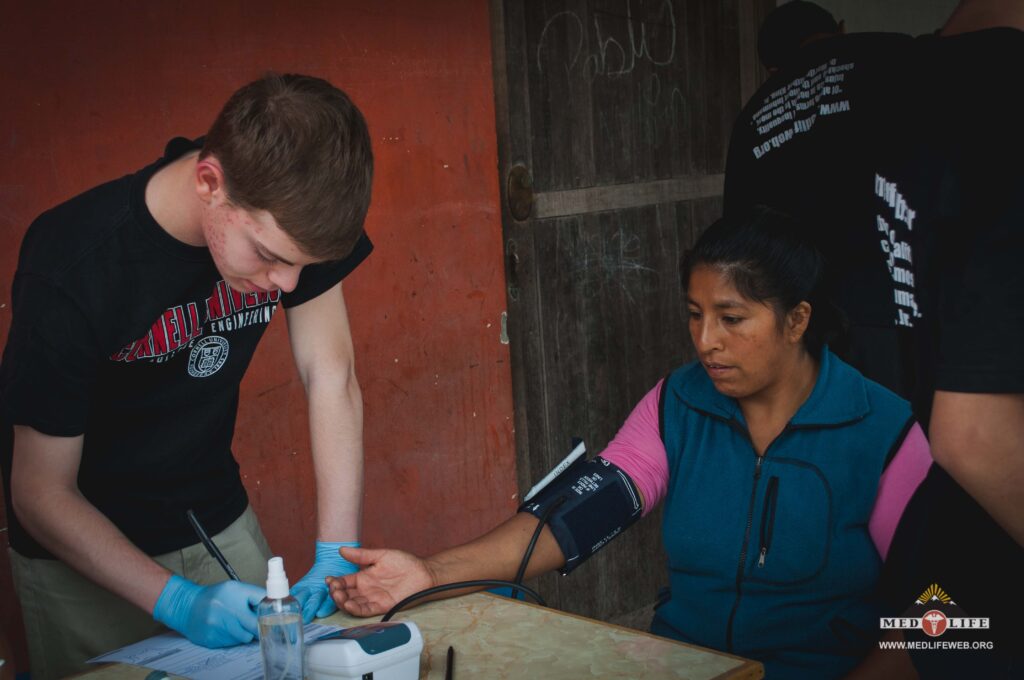
2. Biodiversity and Conservation Efforts
Latin America is home to some of the world’s most diverse ecosystems, from the Amazon rainforest to the Galápagos Islands. Volunteer programs often focus on conservation efforts aimed at preserving these unique environments and their inhabitants.
Volunteers can participate in a range of activities, including wildlife monitoring, reforestation projects, and environmental education. These efforts are crucial in combating issues like deforestation, habitat loss, and climate change, making a tangible difference in preserving our planet’s biodiversity.
3. Addressing Social Inequities
Many communities in Latin America face significant social and economic challenges. Volunteer programs often address issues such as poverty, education, healthcare, and housing by working directly with local organizations and communities.
By contributing their time and skills, volunteers help bridge gaps and provide much-needed support to underserved populations. This work not only improves the quality of life for those in need but also empowers communities to pursue sustainable development and self-sufficiency.
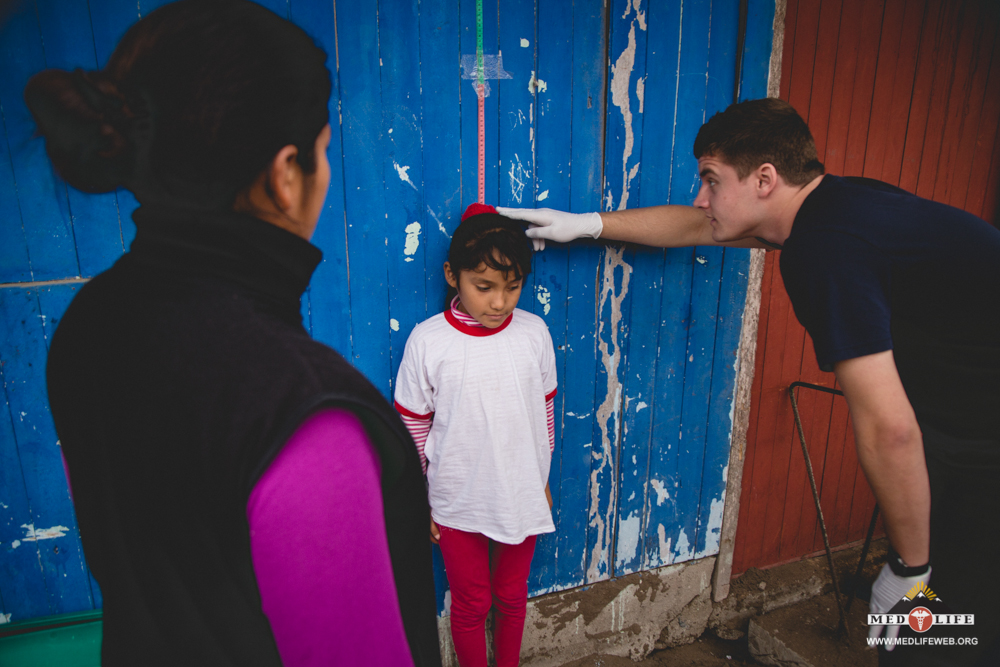
4. Skill Development and Personal Growth
Volunteering in Latin America offers an unparalleled opportunity for personal and professional growth. Volunteers develop a wide range of skills, from project management and leadership to language proficiency and cultural competence.
These experiences enhance resumes and career prospects, particularly for those interested in international development, environmental conservation, and social work. Additionally, the challenges and rewards of volunteer work foster resilience, adaptability, and a strong sense of purpose.
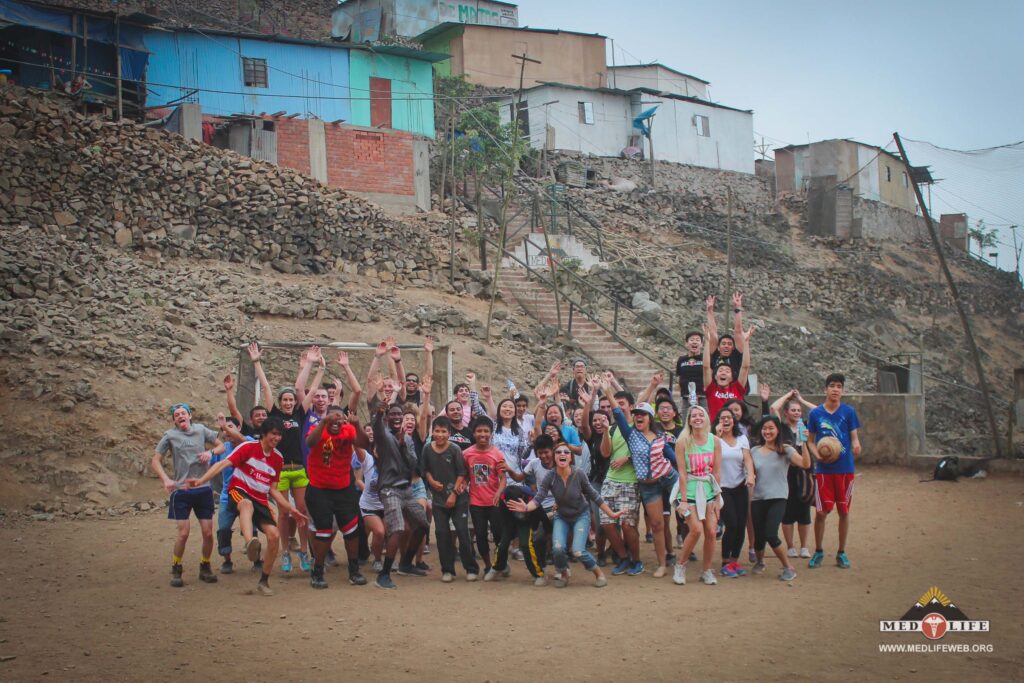
5. Building Global Connections and Networks
Volunteering in Latin America allows individuals to build meaningful relationships with people from diverse backgrounds. These connections often extend beyond the duration of the volunteer program, creating a global network of like-minded individuals committed to making a positive impact.
These relationships can lead to future collaborations, professional opportunities, and lifelong friendships. Building a global network not only enriches volunteers’ personal lives but also enhances their ability to contribute to global initiatives and solutions.
To learn how you can volunteer abroad with Engaged Education’s partner non-profit MEDLIFE, check out some of our upcoming trips here or download our free brochure!





